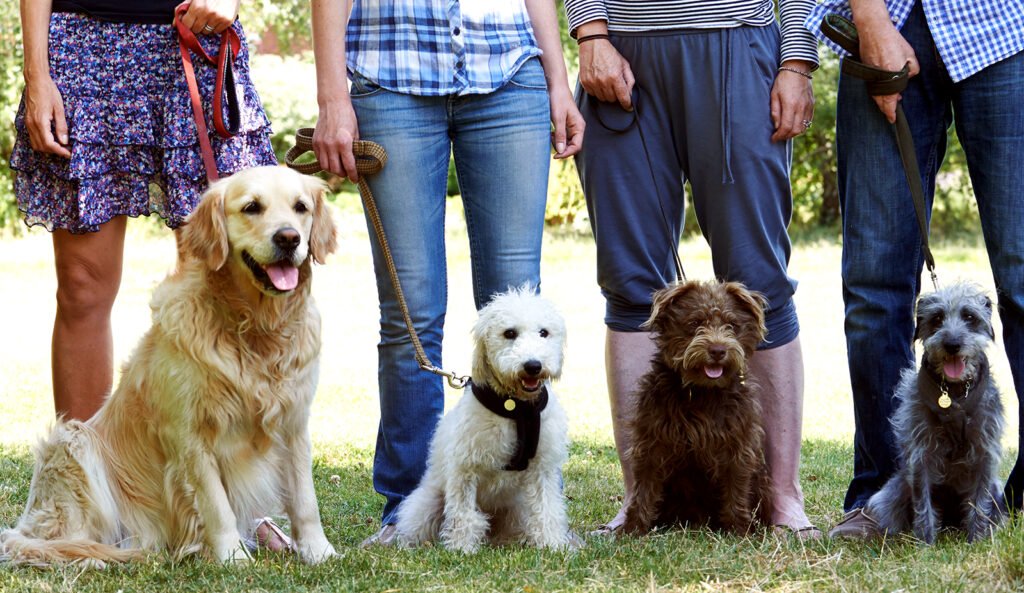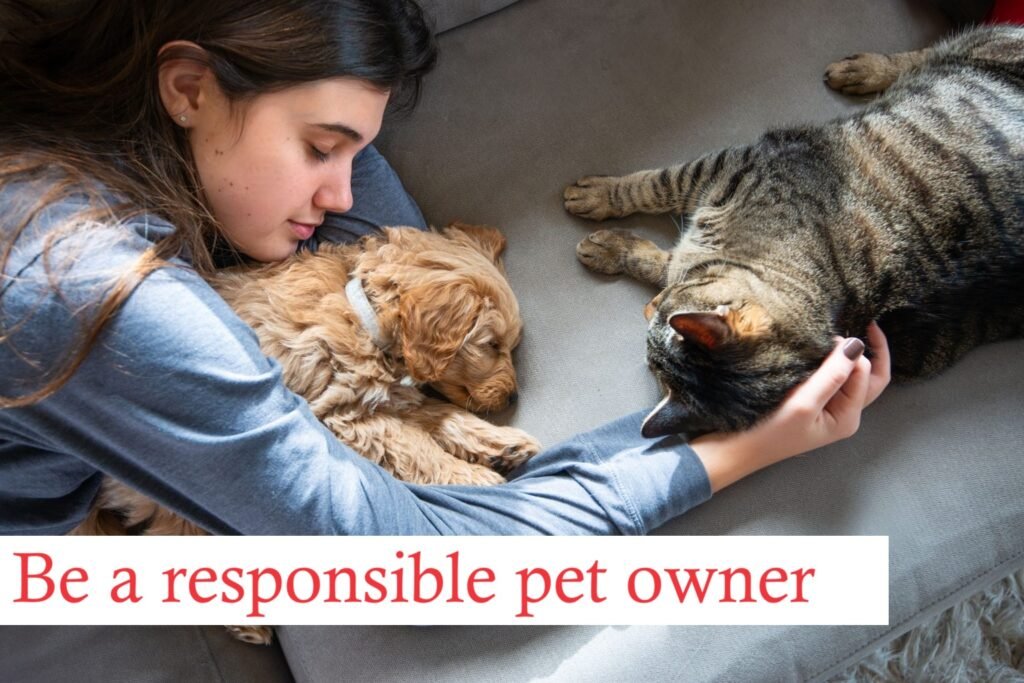The Inland Empire, located in Southern California, is known for its wide-open spaces, beautiful landscapes, and growing communities. As more residents in cities like Riverside, San Bernardino, and Ontario choose to adopt pets, it’s crucial to understand the legal considerations tied to pet ownership in the Inland Empire. Pet owners need to be aware of local ordinances, housing regulations, and their responsibilities to ensure they comply with the law while providing a safe and happy environment for their furry friends.
In this article, we’ll break down the legal aspects of owning a pet in the Inland Empire, from breed restrictions and licensing to liability and insurance, helping you navigate the legal landscape while ensuring your pet is treated with care and respect.
Key Legal Considerations for Pet Owners in the Inland Empire
1. Local Ordinances and Regulations
- Breed Restrictions
In the Inland Empire, certain cities may have breed-specific laws that restrict ownership of specific dog breeds. Breeds considered dangerous, such as Pit Bulls, Rottweilers, and Doberman Pinschers, are subject to special regulations in some municipalities. These rules are designed to minimize risks associated with aggressive dog behavior. It’s essential for potential pet owners to research the breed regulations in their city or county before bringing a new pet home.
For instance, in San Bernardino County, there are restrictions on “dangerous breeds” within specific areas, whereas Riverside County may have slightly different regulations. Always consult local laws or your city’s animal control office to ensure compliance before adopting or purchasing a dog.
- Licensing Requirements
Pet licensing is a crucial legal requirement in most cities within the Inland Empire. Registering your pet with the local animal control agency typically involves filling out a form and paying a licensing fee. Dogs, and in some cases cats, must be vaccinated against rabies to be licensed. Rabies vaccines are mandatory for pets aged four months and older in California, and proof of vaccination is needed to obtain or renew a license.
The cost of pet licenses can vary, but many cities offer discounts for spayed or neutered pets. For example, Riverside charges a $20 fee for an unaltered dog and a lower fee of $5 for a spayed/neutered dog.
- Leash Laws
Leash laws of California are strictly enforced throughout the Inland Empire. California law requires that dogs be kept on a leash in public areas unless they are in designated off-leash spaces, such as dog parks. Leash laws are put in place to prevent dogs from running into traffic, interacting with wildlife, or causing disturbances in public places. In Riverside, for instance, dogs must be leashed in all public parks unless they are in an approved dog park.
Violating leash laws can result in fines, so it’s crucial to always keep your dog on a leash when out in public, unless you’re in an area specifically designated as an off-leash space.
- Noise Ordinances
Excessive barking can lead to noise complaints and even legal action under local noise ordinances. In many Inland Empire cities, a dog that barks excessively is considered a nuisance, especially if it disrupts neighbors’ peace. In Riverside, for example, a dog that barks for more than 30 minutes without interruption can be deemed in violation of local noise ordinances. To avoid penalties, it’s important to ensure your dog is well-trained and does not cause disturbances to others.
2. Housing Regulations
- Rental Agreements and Pet Policies
If you’re renting in the Inland Empire, your rental agreement may include specific terms regarding pet ownership. Many landlords require pet deposits or additional monthly fees to cover potential pet-related damages. These fees can range from $100 to several hundred dollars, depending on the property. Some landlords may even have breed restrictions, limiting tenants to certain types or sizes of pets.
If you’re considering renting with a pet, make sure you clearly understand the lease terms before signing the agreement. If the lease doesn’t mention pets, discuss the matter with your landlord to ensure there are no surprises later.
- Homeowners Association (HOA) Rules
Residents living in communities governed by a Homeowners Association (HOA) may face additional restrictions on pet ownership. HOAs often regulate the number of pets allowed per household, the size of the pets, or the type of pets that can live in the neighborhood. For instance, an HOA might allow only small dogs or limit the number of pets to two per household. It’s crucial to review your HOA’s pet policy to avoid fines or other penalties.
3. Liability and Insurance
- Personal Liability
As a pet owner, you are legally responsible for your pet’s actions. If your dog causes property damage or injures someone, you could be held financially liable. For example, if your dog bites someone, you may be required to pay medical bills or compensation. Many homeowners’ insurance policies cover some pet-related injuries, but the specifics depend on your policy. It’s essential to review your insurance to ensure it covers potential pet-related incidents.
- Pet Insurance
Pet insurance is an excellent way to protect yourself from unexpected veterinary expenses. From emergency surgeries to routine health check-ups, pet insurance can help reduce financial stress when your pet requires medical attention. Policies can vary widely, so it’s important to find a plan that suits your pet’s needs. Pet insurance can also offer liability coverage in the event your pet causes injury or property damage.
4. Animal Cruelty Laws
California has strict animal cruelty laws designed to protect pets from neglect or abuse. Under the Penal Code 597, anyone who harms an animal, fails to provide adequate care, or forces animals into dangerous situations can face fines, imprisonment, or both.
Pet owners must ensure their pets have sufficient food, clean water, shelter, and veterinary care. These laws emphasize the importance of responsible pet ownership. Violating animal cruelty laws can result in criminal charges and significant penalties.
Tips for Responsible Pet Ownership
- Regular Veterinary Care
Ensure your pet receives regular check-ups and vaccinations to maintain their health and prevent disease outbreaks. - Proper Training and Socialization
Training your pet not only makes them more enjoyable to be around but also helps prevent legal issues such as nuisance complaints or dangerous behavior. - Clean Up After Pets
Be a responsible pet owner and clean up after your pets, particularly in public spaces like parks. It’s both a legal and a moral responsibility. - Microchipping
Microchipping your pet is an excellent way to ensure they can be easily identified and returned if lost. - Spaying or Neutering
Spaying or neutering your pet helps control the pet population and can have health benefits for your pet.
Conclusion
Owning a pet in the Inland Empire brings joy and companionship, but it also comes with a range of legal responsibilities. By understanding local ordinances, housing regulations, and liability issues, you can ensure that you are a responsible pet owner and avoid potential legal trouble. Always research your local laws, stay informed, and treat your pet with the care and respect they deserve.
For specific inquiries, contact your local animal control or review city ordinances to ensure you are in full compliance with the law. Being an informed pet owner is key to fostering a safe and happy environment for both you and your pet.
By following these guidelines, pet owners in the Inland Empire can enjoy the companionship of their pets while staying within the bounds of the law. Would you like more detailed information on local regulations or resources for pet owners in specific Inland Empire cities? Feel free to ask!



